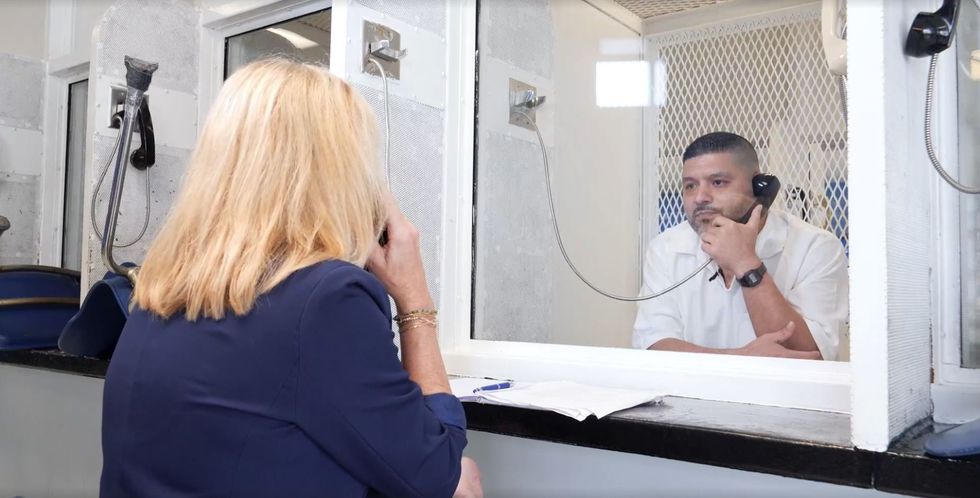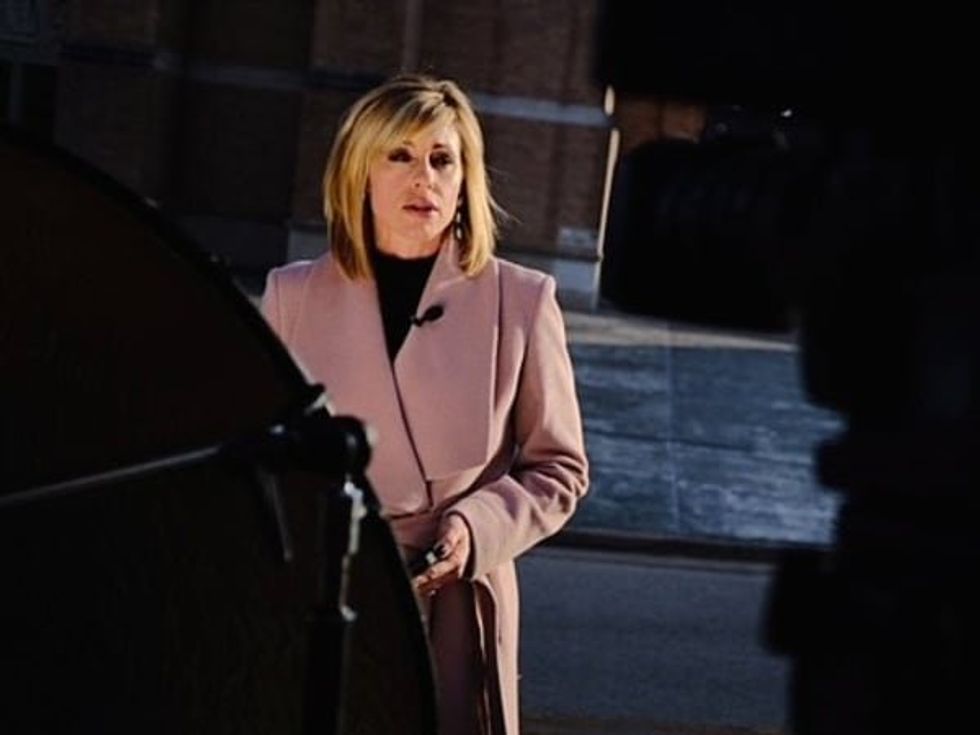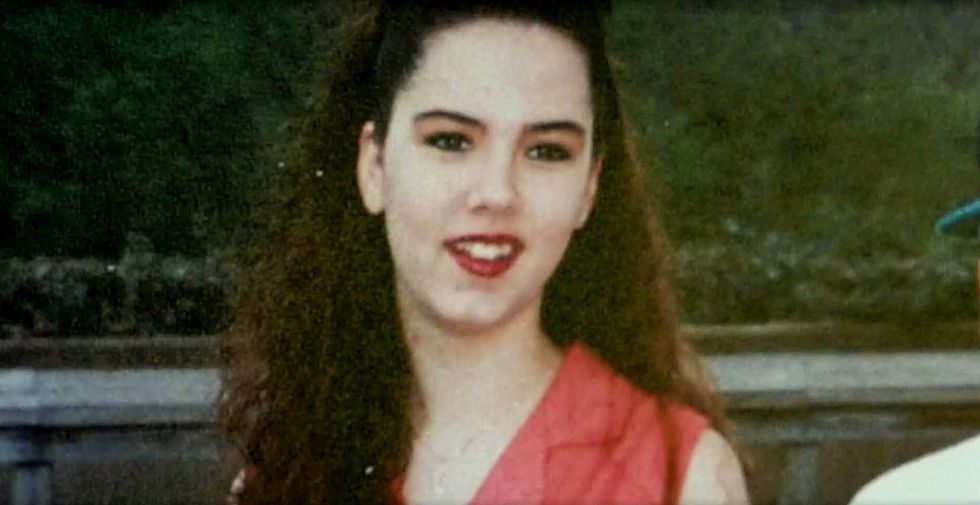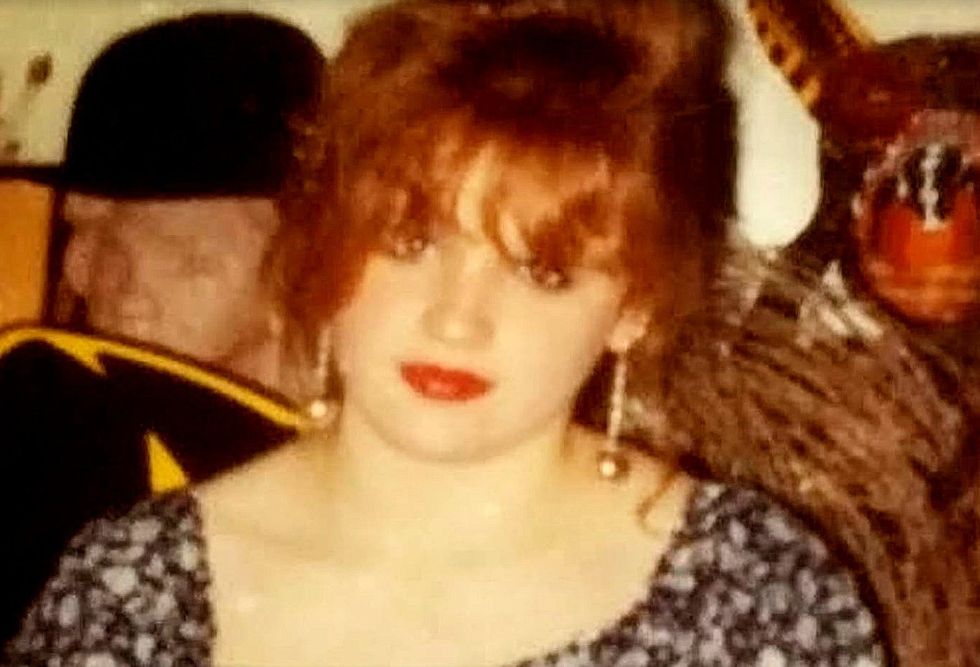binge this now
Chilling new streaming series from ABC13 casts new light on Texas true crime

Jessica Willey looks back the rape and murder of two teenage Houston girls in the latest episode of True Texas Crime.
ABC13 has just unveiled a new crime documentary series, Texas True Crime. Adding to its binge appeal ABC13 has made the series available on abc13.com and the abc13 app.
Viewers can check out a new installment called Pure Evil (check it out here) debuting Thursday, July 20 that takes viewers back 30 years. It's a chilling story of the brutal rape and murder of two teenage Houston girls, Elizabeth Pena and Jennifer Ertman, students at Waltrip High School.
The horrific tale of Elizabeth and Jennifer
On the night of June 24, 1993, Elizabeth, 16, and Jennifer, 14, were taking a shortcut home through T.C. Jester Park when they encountered six gang members who had been drinking.
Five of the young men raped the girls repeatedly and dragged them into the woods where they beat and strangled them to death. One gang member, 14 year old Venancio Medellin, didn't participate in the murders. He was told to stay behind in the park because the others said he was "too young."

The six gang members were convicted of sexual assault. The five who killed Elizabeth and Jennifer also were convicted of murder. Three of them, who were older than 18 at the time of the murders, were executed. Two were given life sentences in prison because the Supreme Court banned executions of people younger than 18 at the time of their crimes.
Medellin cooperated with prosecutors and testified against the other attackers. He was convicted of sexual assault and given a 40-year sentence, the maximum for a juvenile, that he currently is serving.
The murders and subsequent trials and convictions drew international attention and resulted in a new prison policy in Texas that allows families of murder victims to witness the execution of their loved ones' killers.
Casting light on Pure Evil
ABC13 reporter Jessica Willey produced and interviewed subjects for the Pure Evil episode. Willey spoke with the girls' family members, witnesses, police, and prosecutors and visited Medellin behind bars at the Polunsky Unit in Livingston.

I spoke with Willey about this episode of Texas True Crime, her fourth time at the helm of the documentary series.
CultureMap: Tell me how the Texas True Crime series came about.
Jessica Willey: Texas True Crime started because people have such an appetite for crime stories. I don't know what that says about us.
A few years ago we started revisiting old cases and people were watching them. We'd go into our video archives and pull up old cases and look at the evidence again and facts that we didn't have when these cases were happening. We were able to find people who were involved years ago in these cases that caught people's attention back then.
CM: How do you explain people's fascination with crime and criminals? Half the shows on TV are about crime. My favorite movie of all time is The Godfather II. I saw a poll of Americans that said the best show in TV history is The Sopranos. There are dozens of movies about women in prison with titles like Caged Heat.
JW: I think it makes people feel better about their own lives. People like to watch mysteries. They like to watch train wrecks.
When they do surveys about what people want to see on TV, they say they would like more positive stories. Then people wind up watching crime stories. Crime stories are intriguing. In this case, it was heartbreaking to think what happened to these young girls. They could have been anybody's daughters.
CM: I like a good train wreck as much as anybody. I don't ask them to marry me. I always hear about vicious killers in prison, who've committed the most gruesome murders imaginable, becoming sex symbols and receiving marriage proposals from women across the country. These guys are getting better women while behind bars than I ever did on the outside.
JW: I don't understand it. Maybe it's the whole bad boy attraction. I've never been to one, but I'm told they have these CrimeCon conventions, like ComicCon, and most of the attendees are women.
Maybe they're interested in finding out more about the person and his crime.
CM: When you visit an inmate in prison, is it a chilling experience? Are you nervous?
JW: When we do an interview in a prison, we're separated from the general population. For me, it feels like you're going through security at the airport.
Texas prisons do feel antiquated. The part of the building we go through does have air conditioning. You can only imagine what it's like on the other side. You don't have much interaction with anybody else but the prisoner on the other side of the glass.
It's a little bit eerie, though. You see the all the razor wire and security. But the other prisoners are very far away from you, on the other side of very secure lines. They don't even know that we're there.
You have to remind yourself why they are where they are in prison. So, when empathy or sympathy creeps in, you can't be taken by that. Can people change? Yes, I believe people can change. But it's a long process and they have a lot to prove they've changed through actions. They have to pay their debt to society.
In this episode, Pure Evil, I interviewed somebody who was part of the crime. He was convicted only of aggravated sexual assault. He was not convicted of murder. He testified against the other defendants. Talking to him, he seems like he's been rehabilitated. He's grown, He's changed. But, you have to remember why he's there.
CM: I'm not so sure that people change, at least not in all cases. Would you allow a person convicted of holding dogfights and murdering dogs to babysit your dog while you're away?
JW: I would not. I would find other options.
CM: You've done four Texas True Crime documentaries. Do you feel like this series is your baby now? How involved are you in the production? How do you decide what stories to tell?
JW: It's what I like to do. I would love to do this full time. I'm still in the general assignment mix most of the time. I'm in the editorial side, the producing part of Texas True Crime. I do the research, set up all the interviews, make the contacts, do the interviews and the writing.
This one — it had been 30 years — seemed like the right time to do it. The idea is to tell a story and take it a step forward, interviewing the people who were involved for a new perspective. We're hoping to get something new and a different angle to the story.
-----
Texas True Crime is available via abc13.com and the abc13 app, available on Apple and Android. ABC13 is CultureMap's news partner.
Contact Ken Hoffman at ken@culturemap.com.



